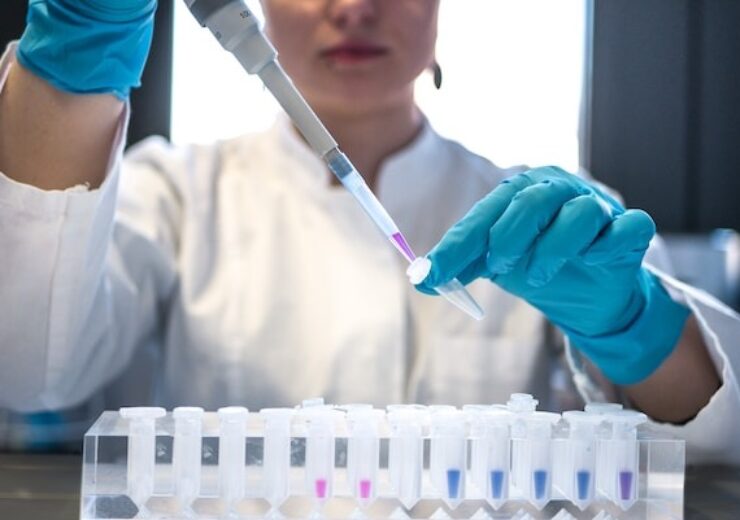The Alinity m high-risk (HR) HPV assay is approved for detecting HPV through routine cervical cancer screening using the Alinity m system and provides information about five risk groups that cover 14 different genotypes of HPV that may potentially cause cancer

Abbott wins FDA approval for Alinity m high-risk (HR) HPV assay. (Credit: Julia Koblitz on Unsplash)
Abbott has received the US Food and Drug Administration (FDA) approval for a new human papillomavirus (HPV) screening solution that runs on its Alinity m laboratory instrument.
The new test, dubbed Alinity m high-risk (HR) HPV assay, is approved for detecting HPV through routine cervical cancer screening, as per the professional medical guidelines.
By leveraging molecular technology, the test provides information about five risk groups that cover 14 different genotypes of HPV that potentially cause cancer.
The approach helps physicians identify patients with an HPV infection and check whether the infection is caused by one or more types of HPV that may cause cancer.
The Alinity m HR HPV assay adds a powerful cancer screening tool for detecting high-risk HPV infections to its Alinity m family of diagnostic assays, said the US medical device company.
Abbott’s molecular business vice president Keith Cienkus said: “HPV testing is a powerful tool for detecting HPV infections that can lead to certain cancers, including cervical cancer and illustrates the power of molecular diagnostics in infectious disease.
“The Alinity m HR HPV assay was carefully designed to support patient care and streamline HPV testing.”
According to the US Centers for Disease Control (CDC), HPV infection is the most common in sexually active adults, who will experience HPV infection at some point in their lives.
HPV has several strains, each with a unique genetic signature or genotype, and specific genotypes of HPV can cause cancer, including cervical cancer in women.
Conventionally, PAP tests were used to screen for cervical cancer. However, professional guidelines recommend primary screening for detecting HPV infections over Pap testing.
Few commonly used HPV tests are not approved for primary screening, as they only provide limited information about different genotypes of HPV.
Abbott said that its new Alinity m HR HPV assay is approved for co-testing, for use in combination with a Pap test, for patients and physicians who prefer to use both tests.
The company said the HPV assay for use on Abbott’s laboratory instrument, Alinity m is an advanced molecular PCR platform that provides fast results in high volumes.
In addition to HPV, the Alinity m system also provides testing for SARS-CoV-2, Resp-4-Plex, HCV, HBV, HIV-1, STI, CMV and EBV.
